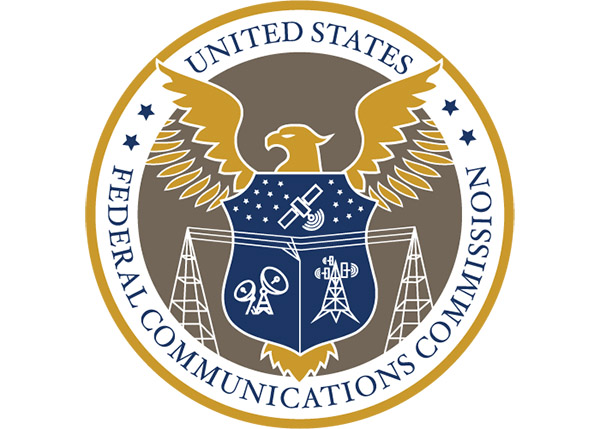The FCC is one of the most influential parts of the federal government And, since 2021, it’s been operating at 80% capacity. This is officially the longest period of time in history that the FCC has been without a full slate of commissioners. And, it’s hurting everyone. There are some people who can fix this, but they haven’t been able to so far.
Why the FCC is so important
The FCC, the Federal Communications Commission, has been part of the US government since 1934. It’s a fairly small part of the Executive Branch made up of 5 commissioners and a lot of people working under them. In essence, its role is to make sure that things broadcast the way they should, and don’t broadcast the way they shouldn’t.
When the FCC was created, pretty much the only things it concerned itself with were radio and landline phones. Phones were the big issue for most people. Not that radio was unimportant. It was one of the defining inventions of the day. But, while ships and planes relied on it, the average person only interacted with radio when there was a show they wanted to listen to.
Since then, the FCC’s reach in our lives has grown to a ridiculous degree. The FCC governs not only everything that broadcasts some sort of signal (think: Wi-Fi, Bluetooth, cell phone, TV, GPS, police radios, etc.) but everything that could conceivably, accidentally or on purpose, broadcast a signal. For example, your microwave oven. Or literally anything with a circuit board in it. And that’s literally everything with the possible exception of baseball bats and watermelons. And let’s not forget the internet. The FCC is one of the agencies in the US that controls the internet. That’s not nothing.
How the FCC (doesn’t) work
There are five commissioners in a full, working FCC. One is the chair, which means they set the agenda and keep things on track. The other four help create the rules that make communications possible. Traditionally, two commissioners are Democrats and two are Republicans. Under them are a relatively anonymous army of helpers who do the grunt work of communicating with manufacturers, processing new applications for new devices, that sort of thing.
If you don’t have all five commissioners, you can generally get by with the status quo. The routine process of approving new devices can go on. If it couldn’t, you wouldn’t have seen a single new phone or PC since 2021. But without all five commissioners, it’s impossible to really make new rules or even approve complete budgets. With four commissioners, you can only get things done if they’re totally non-controversial. And let’s be honest. In today’s world, everything is controversial.
The Sohn-less FCC
It’s very common for the FCC chair to resign if a new President comes in from a different party. After all, the FCC is part of the Executive Branch and traditionally the FCC chair comes from the same party as the President. So, controversial chair Ajit Pai left on January 20, 2021, passing the torch to Democrat Jessica Rosenworcel. The problem is that Rosenworcel’s replacement has been stuck in committee ever since.
Gigi Sohn was nominated to that fifth commissioner seat and, being a Democrat, was approved by the House of Representatives. But, being a Democrat, her approval was blocked by the Senate and you need both. Sohn didn’t even get a vote. The result is that position #5 is still empty.
Is there any hope?
As the new Congress was inaugurated last month, there was hope that Sohn would be able to advance. She would need to be approved by the House, but it seemed there was enough bipartisan support to move the process to the Democrat-controlled Senate. The Democrats have, of course, the slimmest possible margin in the Senate, and it’s still looking like an uphill battle.
Without Gigi Sohn, the FCC can’t work on things like net neutrality. During the last term, the FCC essentially abandoned all pretenses of working on net neutrality. They did this so effectively that when California put in its own net neutrality rules, the US Government sued and lost based on the idea that Ajit Pai had said net neutrality was none of the government’s business. You may or may not like the idea of net neutrality but the way things are isn’t right. There needs to be some guidance of some sort.
The same problem applies to NextGen TV, the proposed standard that will allow for 4K over-the-air TV. Its temporary approval expires in July and without a full set of 5 commissioners, the path forward looks bleak. This technology is already years behind and doesn’t need to get stuck in endless bickering about the details.
Hey Congress, I’m begging you
This blog isn’t the place for politics. You may be the sort of person who leans left, you may be the sort of person who leans right. Or, you may be in the middle. That’s fine with us here at The Solid Signal Blog. But I have a hard time believing that anyone really wants the government to stall or abandon its responsibilities. So Congress, please either confirm or deny Gigi Sohn. Either way, at least have a hearing. If you are afraid of what she will do once in office, all you have to do is pass laws that supersede the FCC’s authority. Is that so hard?

